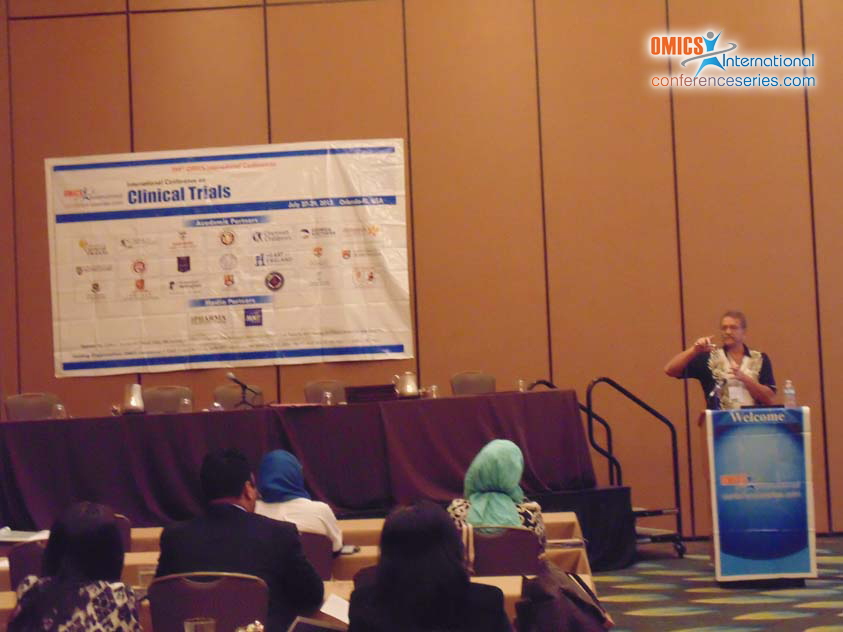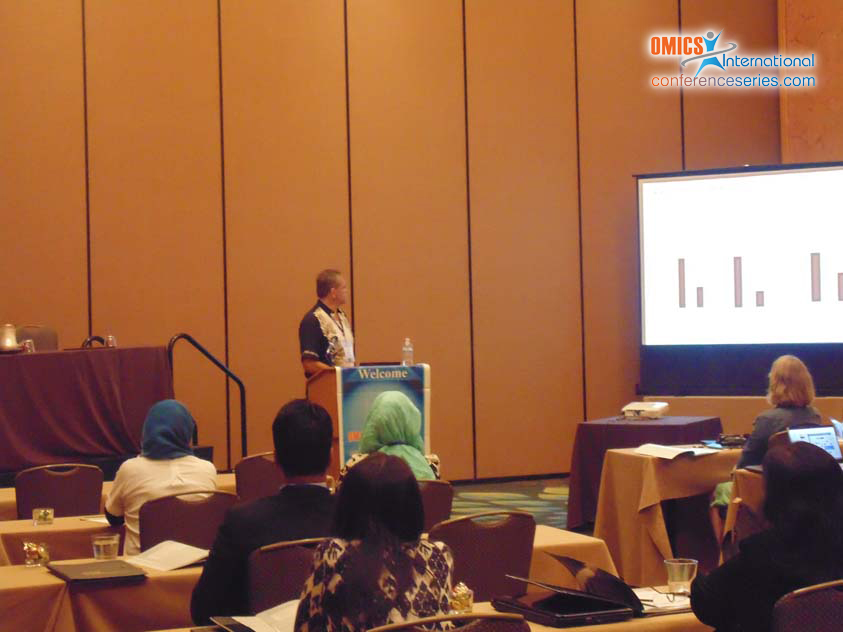
James J. Hickman
University of Central Florida, USA
Title: Human-on-a-chip systems to direct or possible augment clinical trials
Biography
Biography: James J. Hickman
Abstract
One of the primary limitations in drug discovery and toxicology research is the lack of good model systems between the single cell level and animal or human systems. This is especially true for neurodegenerative diseases as well as for cardiac disease and cardiac side effect determination during the drug discovery process. In addition, with the banning of animals for toxicology testing in many industries, body-on-a-chip systems to replace animals with human mimics is essential for product development and safety testing. There is also a push to utilize in vitro systems to establish biomarkers to select subsets of the population for clinical trials and even to augment human testing during clinical trials. Our research focus is on the establishment of functional in vitro systems to address this need where we seek to create organs and subsystems to model motor control and cognitive function, as well as cardiac and liver subsystems. The idea is to then integrate microsystems fabrication technology and cellular components, with the aim of initiating and maintaining self-assembly and growth into biologically, mechanically and electronically interactive functional multi-component systems. Our advances in culturing human stem cell derived neurons, glial cells, muscle, liver and cardiomyocytes in a defined serum-free medium, and integreat them with MEMS devices suggest outstanding potential for answering questions during all phases of the drug discovery process using functional body-on-a-chip systems.


